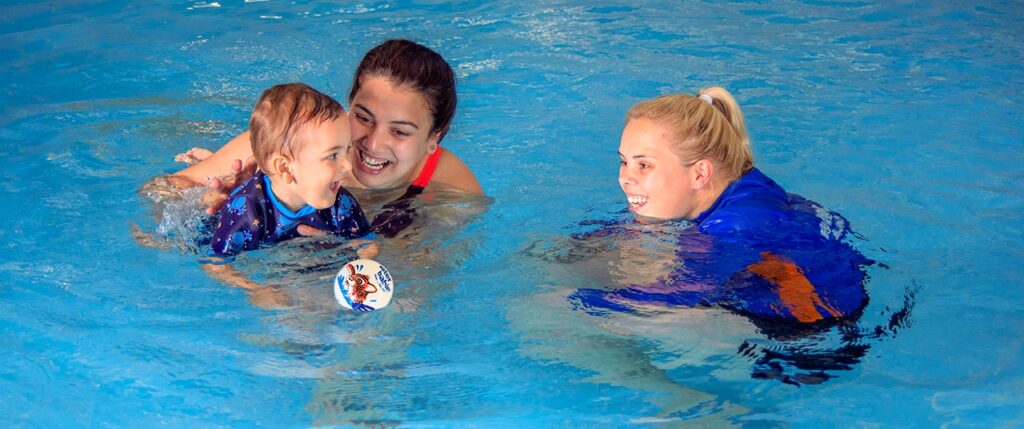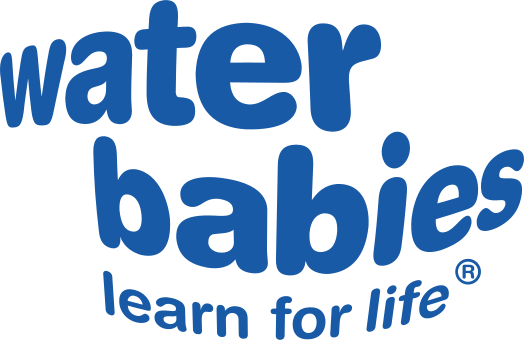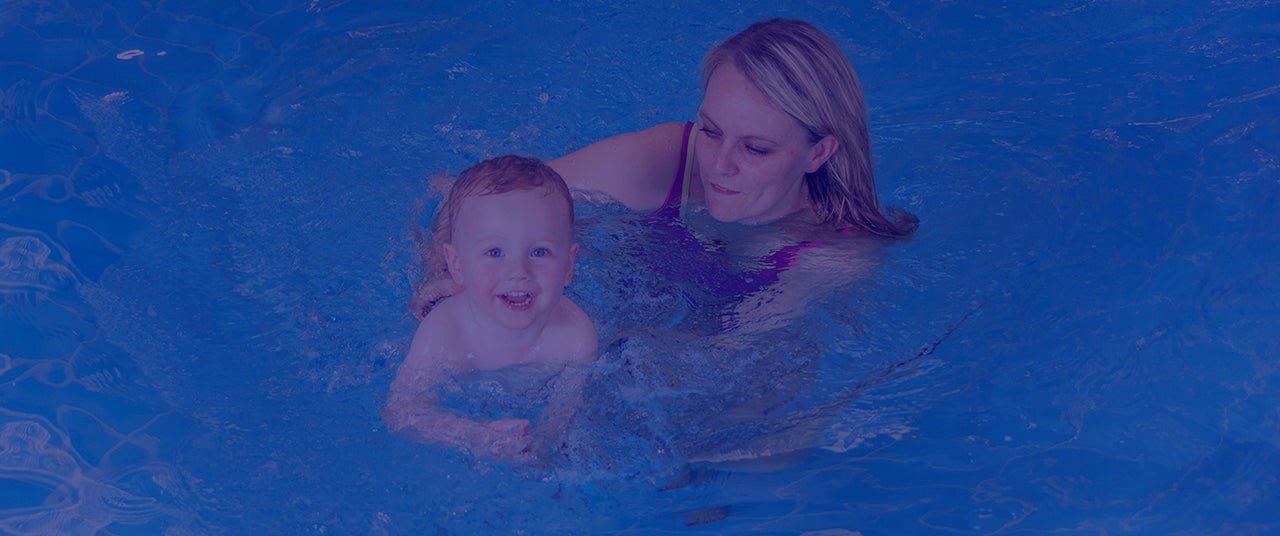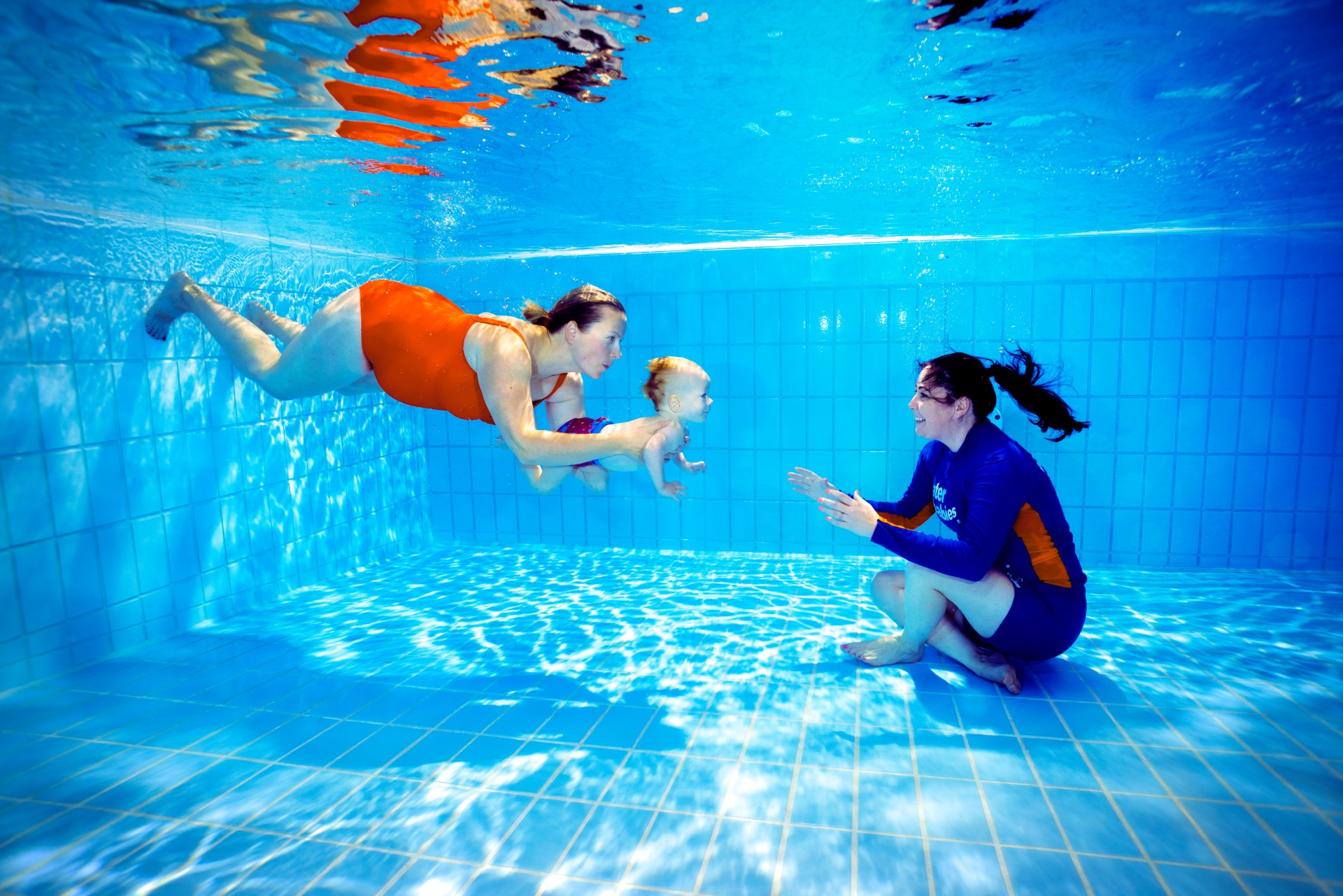“I don’t understand why my little one has stopped making progress” …sound familiar?
If you’re reading this, then you’ve probably noticed a slight change in your little one’s attitude to swimming and their lessons. Maybe you’ve experienced some baby swimming plateaus and wondering how to work past these? They were smiling, laughing, playing, kicking, splashing in the water, and going underwater, but then it was like something changed overnight. What was once something they looked forward to and happily took part in is now met with reluctance which can result in a cry, a tantrum or just a stream of ‘no’s’.
Don’t worry
But there’s no need for you to worry. It is all part of the learning process, and it has a name too. It’s called a learning plateau, and it’s completely normal. Little one’s progress at different levels and go through phases within their baby swimming journey which reflect their development outside of the pool. Our teachers are trained to work with you and baby to get through them.
So why do they happen?
We all know that growing up can be a tough experience (and adulthood has its fair share of challenges too!) Your little one is taking in a huge amount of information day to day. And sometimes they need to stop, pause, and take a breath, and really make sense of it all. This typically happens when they’re 18 months to 3 years old; toddlers can experience many of these in their early years as their pre-frontal lobes of their brains develop. But it’s important to remember that they’re at a key part of their learning and growth. Experiencing baby swimming plateaus is a perfectly normal and natural thing.

What can I do to help?
Working with your little one and continuing to grow their water confidence with them will help you both through their learning plateau. So they can go back to falling in love with the water again. This can be during lessons, bath time, or just visiting your local swimming pool in your own time. There are lots of tactics you can try, to make any plateau that may be thrown your way that little bit smoother.
- Continue practising skills they’ve learnt in classes and doing it with them. Again, at home and in lessons. Our Water Babies Learn series can help you go back to basics and remind little ones of key skills you can do to grow their water confidence.
- Encourage your child to lead or help with the activity.
- Even if they’re not taking part, encourage them to watch others – they’ll still pick up what’s going on.
- Bring their favourite toy to class (ideally one which is okay in water!) to add some comfort and reassurance.
- If they resist an underwater swim, hold off until they’re ready to try again. Listen to their cues and go at their pace.
- Try some negotiation, such as giving them a toy if they try a skill. This is the time when toddlers can start to make choices. But it might not always be on their terms and it’s important that they learn to cope with disappointment too.
- Outside of your lessons, try and find the time to take them along to your local public pool and just let them play freely.
Your teacher is among one of the best trained baby swimming teachers in the world and will support you during your lessons to go through this learning plateau. At Water Babies, we’ll work together at a pace to help you and your little one. When they’re ready, we’re ready.


